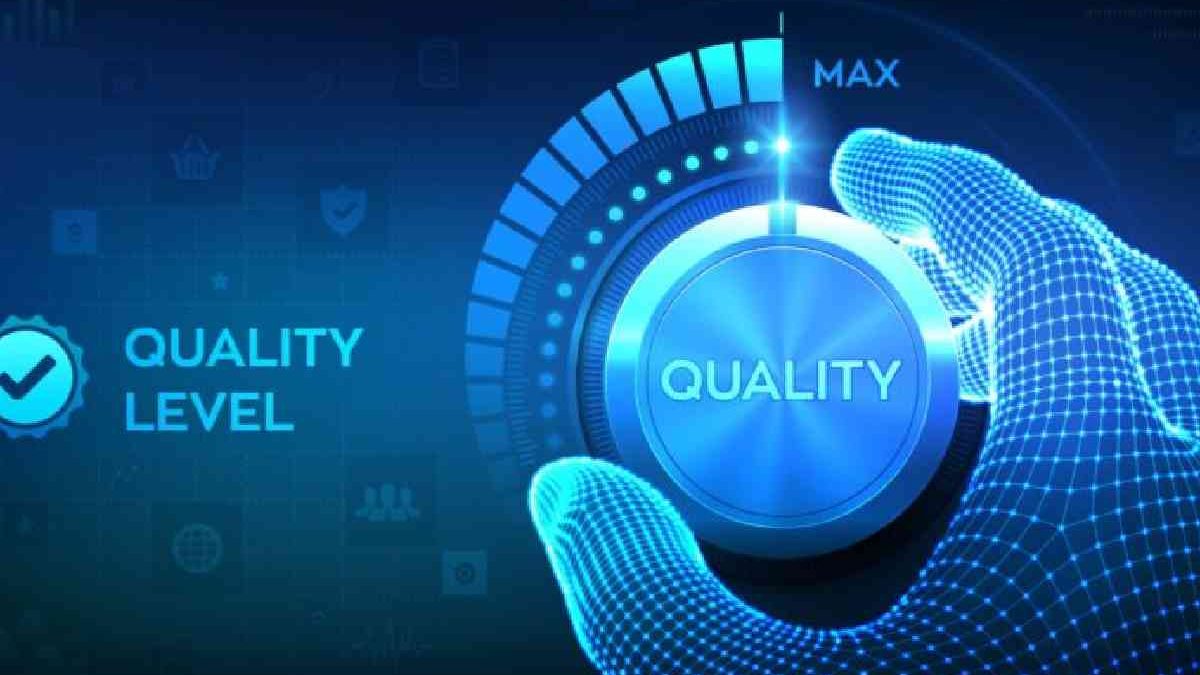Today, the demand for efficient and reliable software is at an all-time high. Whether you’re a developer, a business owner, or an end user, understanding the essential features of good software is crucial.
High-quality software not only enhances user experience but also ensures smooth functionality, security, and scalability. Therefore, we’ll delve into the key features that define exceptional software like OneLaunch, setting you on the path to selecting software that stands out.
Table of Contents
1. Intuitive User Interface (UI)
The user interface serves as the bridge between the user and the software. A well-designed, intuitive UI enhances user experience by making the software easy to navigate and use. Clear navigation, organized layout, and visually appealing design contribute to positive user interaction.
2. Reliability and Stability
Reliability is non-negotiable when it comes to software. Users expect software to function consistently without crashes or glitches. Quality software undergoes rigorous testing to identify and rectify potential bugs, ensuring stability and uninterrupted operation.
3. Scalability
Software that can grow with your needs is a hallmark of quality. Scalability allows software to handle increased workloads, users, and data over time. This feature is especially critical for businesses, as it prevents the need for frequent software replacements due to growth.
4. Security Features
In an era of increasing cyber threats, security features are paramount. Secure software safeguards user data, prevents unauthorized access, and defends against potential breaches. Encryption, authentication mechanisms, and regular security updates are indicative of a well-protected software system.
5. Performance Optimization
Slow and sluggish software frustrates users and impacts productivity. High-quality software is optimized for performance, ensuring quick load times and responsive interactions. Efficient code, proper resource allocation, and caching mechanisms all contribute to optimal performance.
6. Flexibility and Customization
Every user or business has unique requirements. Flexible software allows for customization to suit specific needs without the need for extensive coding. Customization empowers users to tailor the software to their preferences, enhancing its utility.
7. Regular Updates and Maintenance
Software development doesn’t stop at launch. Regular updates and maintenance are essential to fix bugs, improve features, and enhance security. Software that receives consistent attention signals a commitment to its long-term usability and functionality.
8. Cross-Platform Compatibility
In a world where users utilize various devices and operating systems, cross-platform compatibility is key. Whether it’s desktop, mobile, or web, a software application that seamlessly works across different platforms ensures broader accessibility.
9. Documentation and Supporte
Comprehensive documentation and reliable customer support contribute to a positive user experience. Users should have access to clear guidelines on how to use the software effectively and troubleshoot common issues.
10. Integration Capabilities
Modern software rarely operates in isolation. Integration with other tools and systems is crucial. High-quality software provides APIs and integration options that allow seamless data exchange and collaboration.
Conclusion
The features outlined in this article serve as a roadmap to identifying and creating high-quality software. Whether you’re a developer aiming to craft exceptional applications or a user seeking reliable software solutions, focusing on these features will undoubtedly lead you to software that excels in terms of usability, functionality, and security. Remember, investing in quality software now can save you significant time, resources, and headaches down the road.

